Homestay Tourism, a path to socio-economic development
April 26, 2020
1 Comments
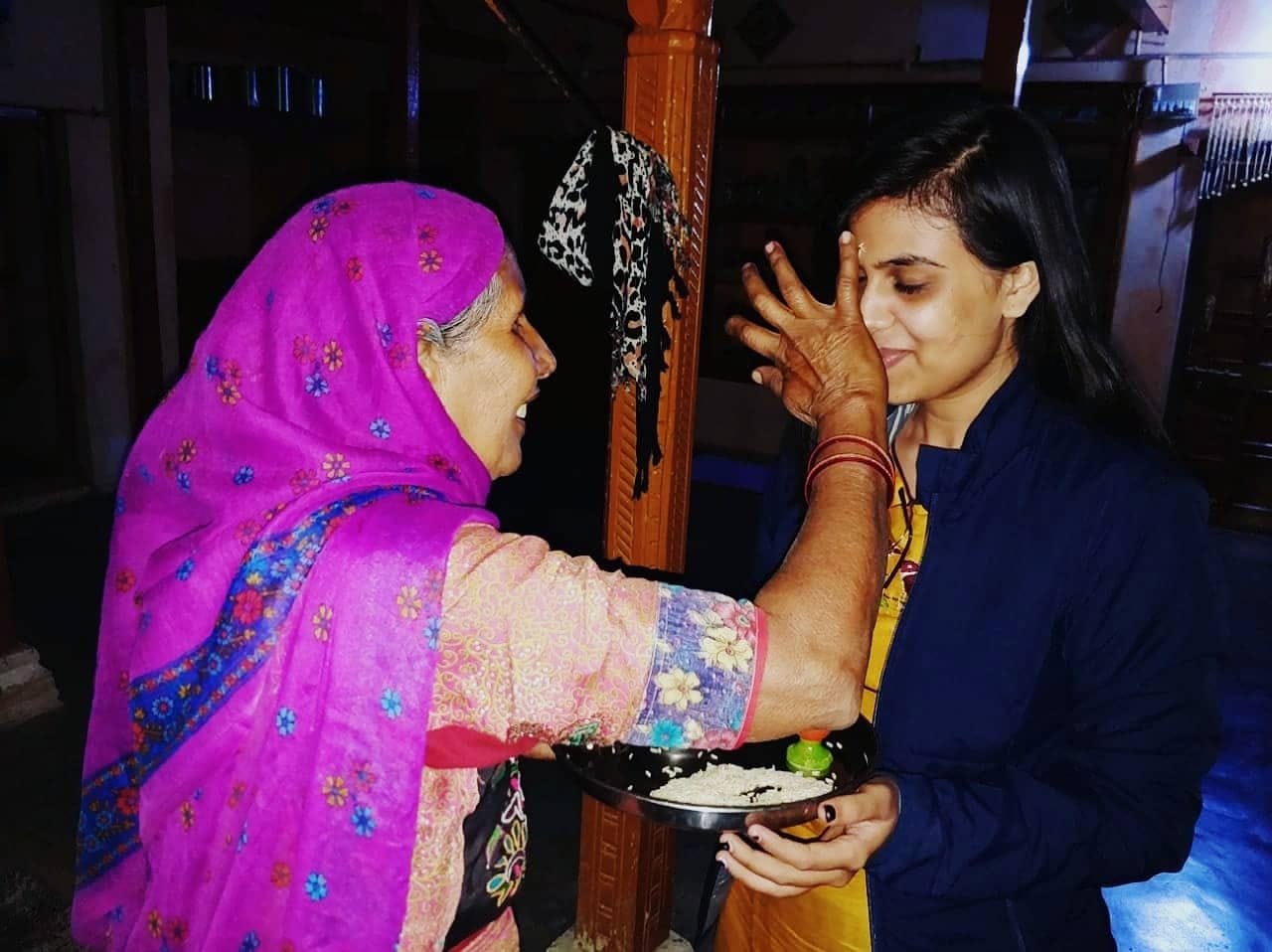
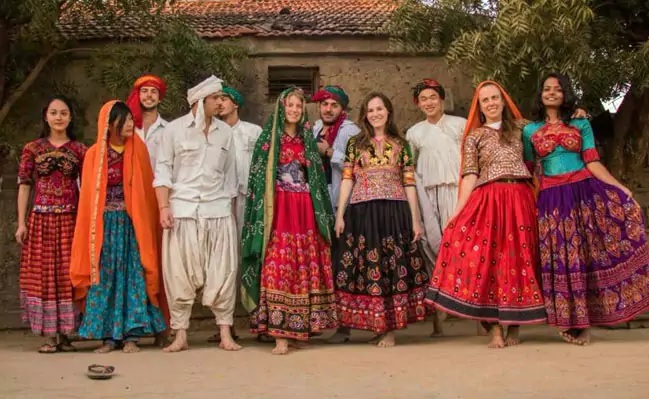
Homestays are intended to attract tourists with a certain demographic
profile who desire authentic experiences. Reema Nanavaty who leads
Self Employed Women’s Association’s (SEWA) economic and rural development activities, talks about how they are encouraging women to start homestay tourism and traditional food outlets for socio-economic development in rural areas.
FEA: What is the role that food enterprise can play in empowering
urban and rural women?
Reema: The food enterprises play a major role in providing work and income security to the poor women in the informal sector. Cooking is a routine that women normally perform. Therefore with a little training and exposure the women gain the skills and self-confidence to run their own food enterprise. It then provides regular employment and income security. It also provides dignity and self respect to the women. Not only it empowers the women but it also helps in improving the nutrition level of customers and nurtures the environment by bringing a variety of traditional foods and grains back into consumption. Moreover the women can also work from home and therefore
together with work and income security they can balance their family life and household chores.
FEA: Any examples of how food vendors have been empowered through SEWA initiatives.
Reema: RUDI, Rural Distribution, is an agro business initiated by SEWA since 2004 involving 15000 farmers, 600 processors and 4500Retailers (dubbed Rudiben) from 9 districts of Gujarat and Madhya Pradesh, Uttar Pradesh, Rajasthan and Himachal Pradesh who are the members of the RUDI multi trading company limited. RUDI is an innovative supply chain model of ‘GRAM SWARAJ’ that helps rotating their money within the villages from farmers to processors and the RUDIBEN. RUDI also is a food security of 100000 rural households, including small and marginal farmers.
SEWA’s approach of empowering women farmers, processors and RUDIben through capacity building on its own supply chain of direct procurement from farmers, processing method on procurement, grading, weighing, packaging and labeling on finished goods and sales and marketing to the RUDIBEN through training and a brief on their brand called ‘RUDI’ to their customers.
SEWA also empowered the retailers on the use of mobile technology to get orders and deliver the goods, increasing their sales and thus the income of their family. The impact of the empowerment of the SEWA women members and farmers has helped to collectively achieve the sale of Rs.10 crores every year with the confidence to scale up this initiative to reach Rs. 100 crore collective sale in the next 5 years.
FEA: Kamala is becoming a popular place in Ahmedabad for traditional
food. What is the USP of Kamala?
Kamala is a social enterprise promoted for women food producer’s groups of SEWA. The aim of Kamala is to become a center for empowering women who are traditional food processors, enabling them to secure their livelihood security on their own and become self-reliance.
Kamala’s main objective is to provide traditional food to their customers with nutritious value. SEWA identified the traditional products, hot and dry snacks, Bakery products, Papad and seasonal products that are in regular demand.
There are 2000 women trained and getting employment by producing collectively or individually, and earning between Rs.12000 and Rs.
25000 per month.
SEWA support these women by providing financial aid, tools and equipment, and capacity building with training in the following skills:
A. Standardisation of quality, color and taste of food products
B. Financial literacy and designing a business plan
C. Restaurant management and marketing.
At Kamala our goal is women empowerment by means of providing a training and facilitation center for rural and urban women in order to make them self reliance and economically independent.
It started with a small kitchen for training in 2015 without any big infrastructure on a pilot basis. Our clients were from nearby offices and residential homes. Our homemade nutritious and quality food attracted more customers which was Kamala’s main objective.
This is how Kamala works as a demonstrative model and is growing rapidly. Being successful as a pilot model, we have decided to cover 5000 women in this sector in all the districts of Gujarat, covering all kinds of traditional and popular foods like regular course of food, papad,snacks,bakery products, etc, promoting the use of locally-grown millets and other grains in the products.
Up to 90% of the income generated at Kamala is utilized to provide work and income to women food processors, women farmers and other women-run microenterprises. We take pride in the organic and healthy ingredients we use to make our food . Quality is always our priority and it is never compromised.
Our customers go back happy and spread the positive messages of Kamala in their circles. That is how we are progressing.
In the current times of lockdown the women food entrepreneurs trained by Kamala are preparing food and snacks at home on a daily basis, and providing fresh snacks and food to children in the villages.
FEA: What is the rural homestay initiative of SEWA?
Under the current wave of globalization, the new age economy offers fresh venues of self employment to the members of the younger generation through Hum Sab Ek Hai. SEWA always strives to synchronize its values and changing times in order to provide members with opportunities for employment and independence by aligning them with new employment friendly skills and income opportunities. Their objective is not only the wellbeing of the member but the welfare of the entire family of the member and the community at large.
The Homestay program is not just a tourism venture but a pioneering step. This is not a new concept for SEWA – as since many years lots of students, scholars, volunteers and interns stay at villages. Hence our SEWA members and administrators are well aware of the opportunities as well as the challenges of the homestay sector. The SEWA Manager ni School, through this practical module is simplifying this concept to make it more educational and engaging through the employment of various management tools.
Today’s economy is in a continuous state of flux and hence is ushering
in a quick globalization wave not only in urban areas but also in rural ones. In the current scenario it is extremely challenging to provide employment opportunities to our new generation. Due to lack of employment opportunities in villages, the youth are forced to move to cities where they do small and menial jobs to earn their livelihood.
Many of them stay in slums and work in the labor sector to run their existence. To curb this SEWA is persistently working through its grassroots members to train this generation in technology so that they can use digital resources to upgrade their employment skills and gain work opportunities without being uprooted from their villages. Hum Sab Ek Hai has been initiated as part of this programme.
Armed with skill training on how to host guests from different backgrounds, now rural women have opened their houses to tourists coming from across the world. The homestay facilities are located at different villages from the handicraft-rich regions of Patan district in North Gujarat to the tribal dominated areas of Chhota Udepur in South-East Gujarat.
Women prepare traditional home-cooked food for the guests and introduce them to various aspects of their culture. They teach them local dances and encourage the guests to take part in festivals like kite-flying on Makar Sankranti. The guests can learn handiwork like embroidery or local food recipes if they are interested.. For the women, it is a new way of making money, becoming independent.
We collaborated with Airbnb to train women from villages on how to enlist their homes on their online marketplace for lodgings. Some of the villages were not even on Google Maps but now they are getting special interest tourists through Airbnb. Now, we are connecting with travel agents and tour operators for business too.
We plan to extend the Hum Sab Ek hain (We are One) initiatives like the homestay programme to more regions of India.
FEA: What is the ultimate goal of the Hum Sab Ek hain (We are One)
initiatives like the homestay programme
Reema: If we wish to develop the country then we should start with the villages. And this development process should be extended to each and every person in the village – for which creating local employment opportunities is the need of the hour. In the current scenario there is a wave of urbanization due to which the entire rural structure is collapsing. Villagers are migrating away from their roots leading to a lapse in their tradition and culture.
Independence must begin at the bottom…Thus every village will be a republic having full powers…this does not exclude dependence on and willing help from neighbors or from the world…In this structure composed of innumerable villages, there will be ever widening never-ending circles. Life will not be a pyramid with the apex sustained by the bottom – M K Gandhi
Gandhiji’s Oceanic Circle perspective advocates helping each other rather than competing with each other. We all are spread across the world in different places in villages and cities; despite the geographical boundaries, we are all bounded with each other through the delicate thread of humanity. Hence all of us are connected with the bond of friendship as explained through the precept of Vasudhaiva Kutumbakam – the world is one family.
There is a lot we can gain and learn from our rural counterparts. But they are currently cut off from the external world – hence through this homestay programme we will be able to connect with them and learn about being humane besides experiencing our true culture. This mutual exposure will do the work of educating us and lead us towards the path of peace.
As told by Reema Nanavaty to Ankita J. Sharma
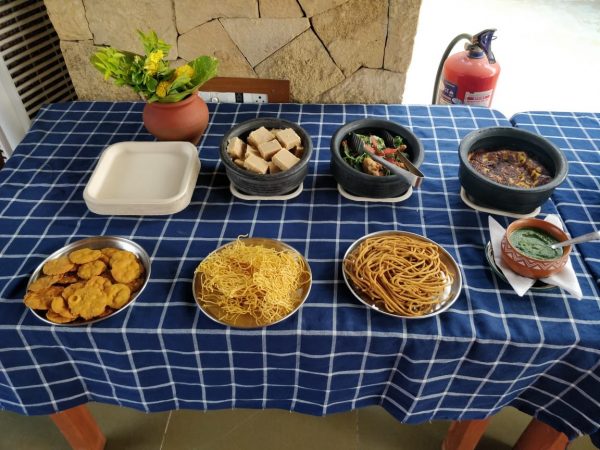
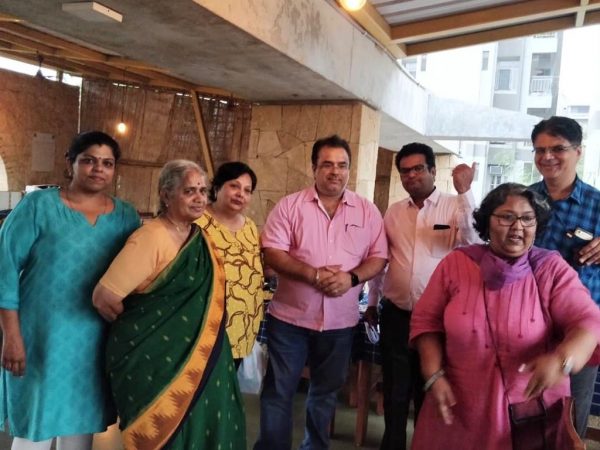
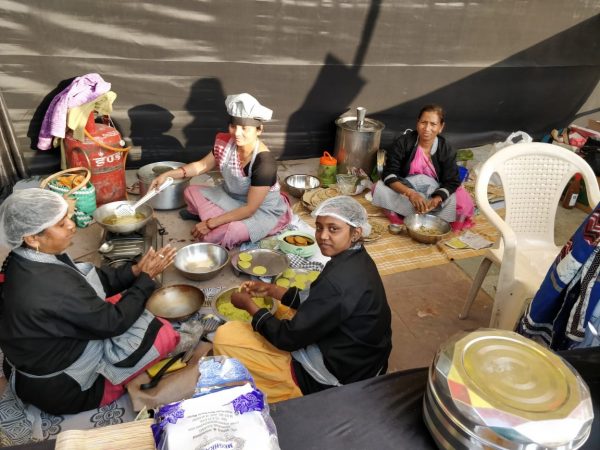
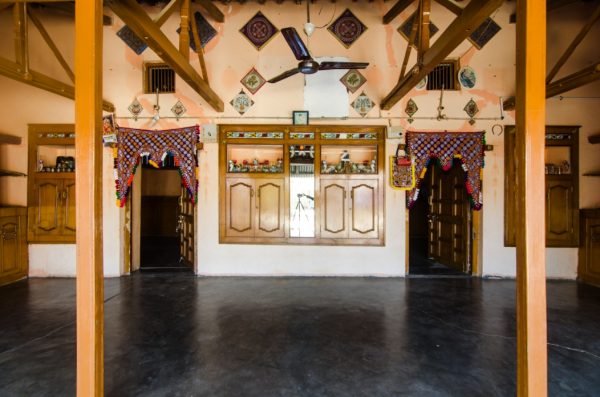
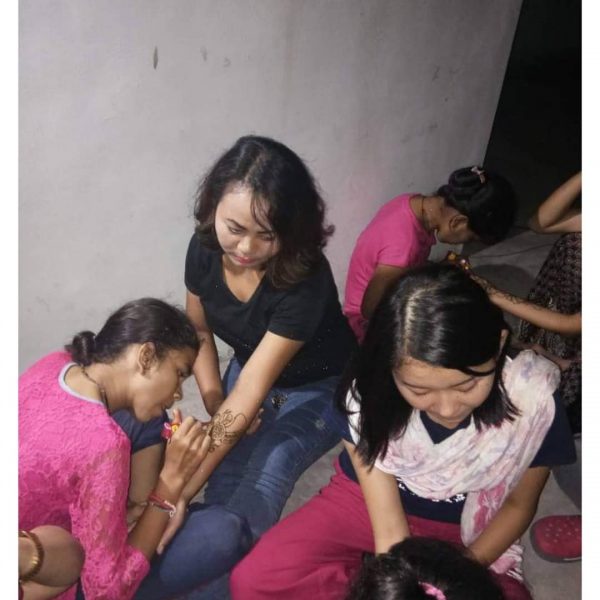
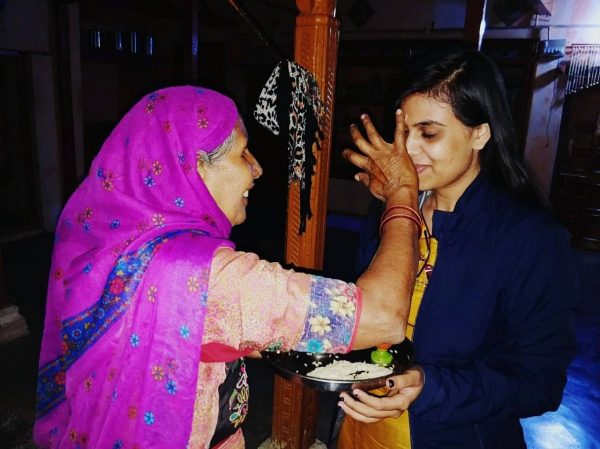
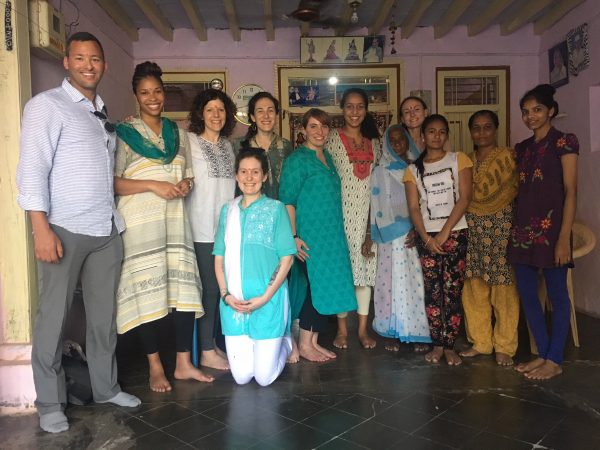
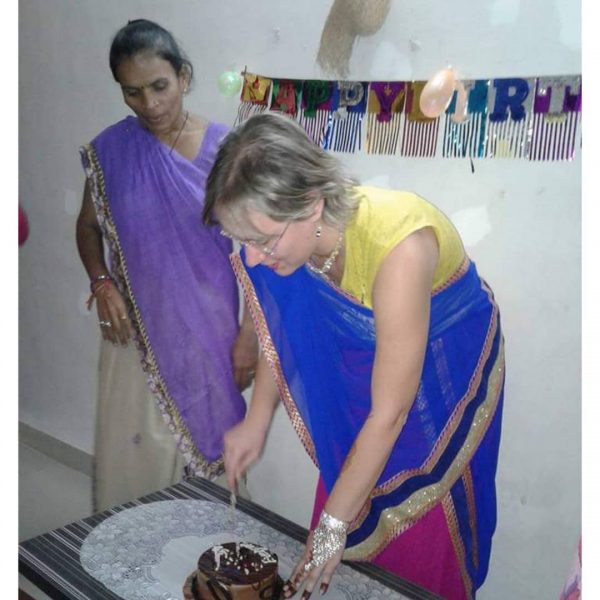
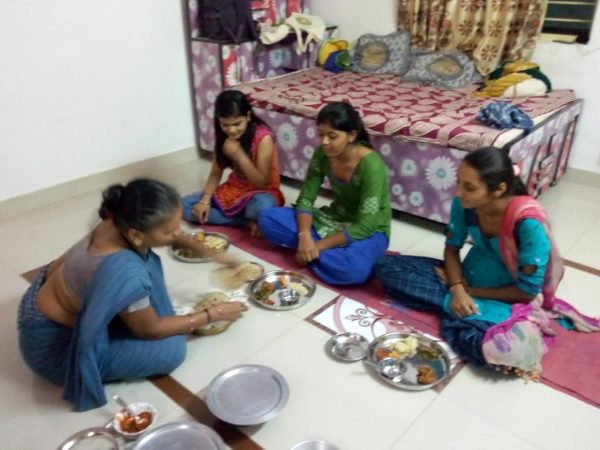
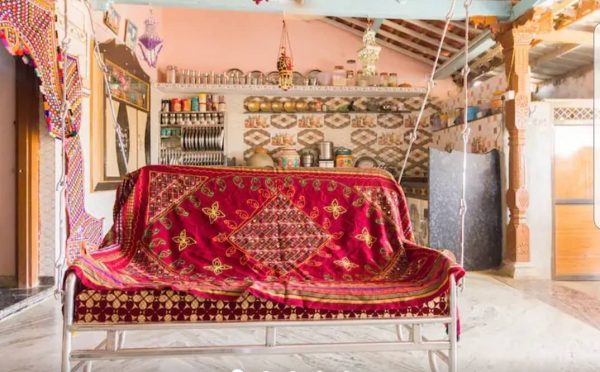
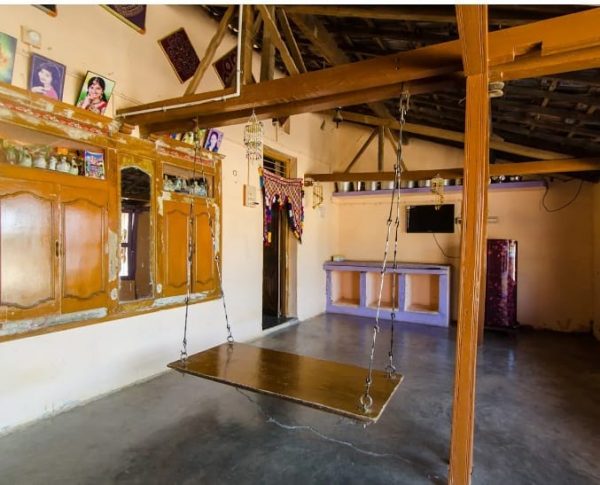
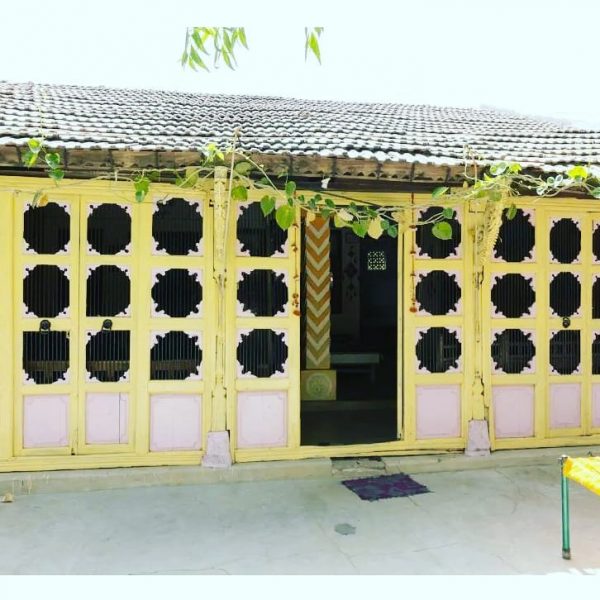
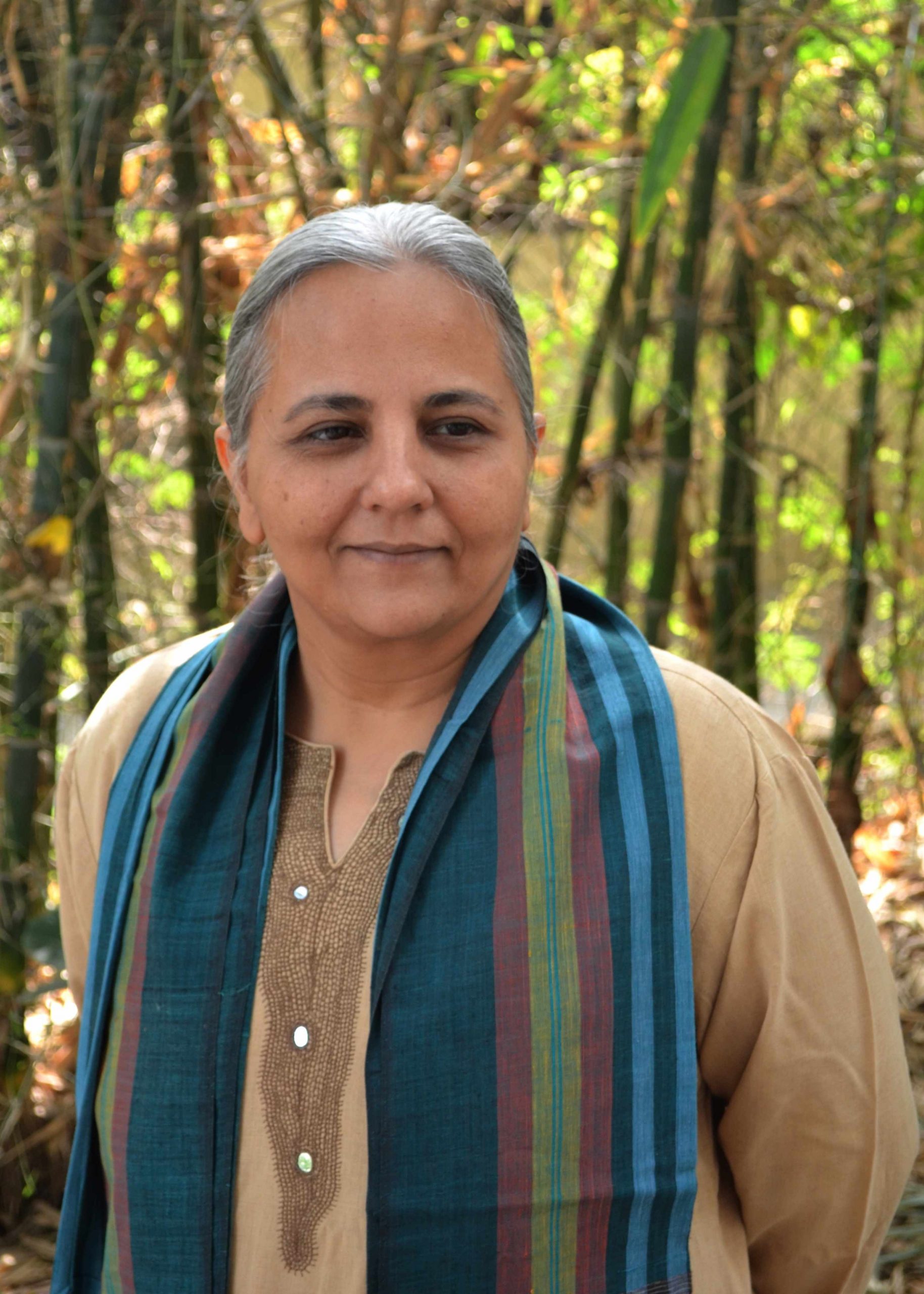


Like!! Great article post.Really thank you! Really Cool.